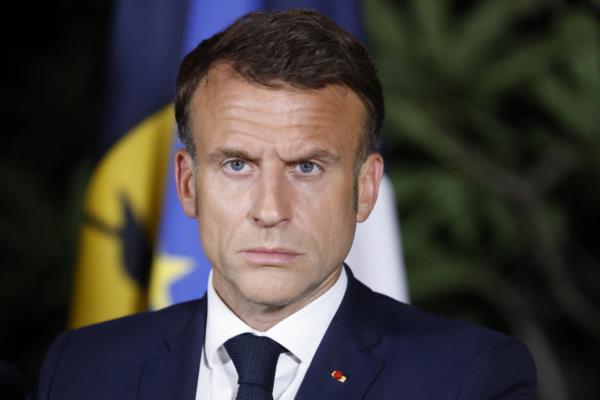
Reports from French media indicate that two individuals lost their lives in New Caledonia during a police operation aimed at apprehending activists suspected of involvement in recent deadly unrest. The incident occurred in the Saint Louis area near the capital, Nouméa. Authorities in New Caledonia have confirmed the police intervention and the resulting fatalities, although further details have not been disclosed.
Last week, French authorities in New Caledonia imposed an extended curfew across the archipelago, prohibiting gatherings and travel from 6:00 p.m. to 6:00 a.m. This measure was implemented in anticipation of potential protests by the Indigenous Kanak people surrounding the upcoming anniversary of the French takeover of the Pacific territory.
The Kanak people have a longstanding desire to gain independence from France, which initially claimed the Pacific archipelago in 1853 and granted citizenship to all Kanaks in 1957. The recent violence erupted in response to President Emmanuel Macron's government's efforts to amend the French Constitution and alter voting lists in New Caledonia. Kanaks feared that these changes would further marginalize them by favoring recent arrivals from mainland France.



Following the escalation of violence on May 13, Macron declared a state of emergency and deployed 3,500 troops to assist in restoring order. Thirteen individuals, predominantly Kanaks, have lost their lives in the unrest, including two members of the security forces. One security officer was accidentally killed by his own weapon.
The recent police operation aimed to apprehend 10 individuals suspected of participating in the violent incidents that occurred in May, which involved blockades, arson, and looting in various districts around the capital and beyond. In June, 11 Kanak activists associated with the Field Action Coordination Unit were arrested as part of a police investigation initiated shortly after the violent protests against the voting reform.
Seven of the activists, including a prominent Kanak leader, were transferred to mainland France for pretrial detention. The charges against them include complicity in attempted murder, organized theft with a weapon, destruction of private property, and involvement in a criminal group with criminal intent.
The Field Action Coordination Unit has been vocal in its criticism of French authorities, accusing them of colonial practices. The group has demanded the immediate release and repatriation of the detained activists. Despite these challenges, the Kanak people remain steadfast in their pursuit of independence through peaceful means.
In the midst of these developments, Macron's new Prime Minister is navigating political complexities to form a government following inconclusive legislative elections in July.







